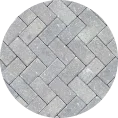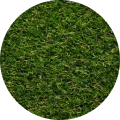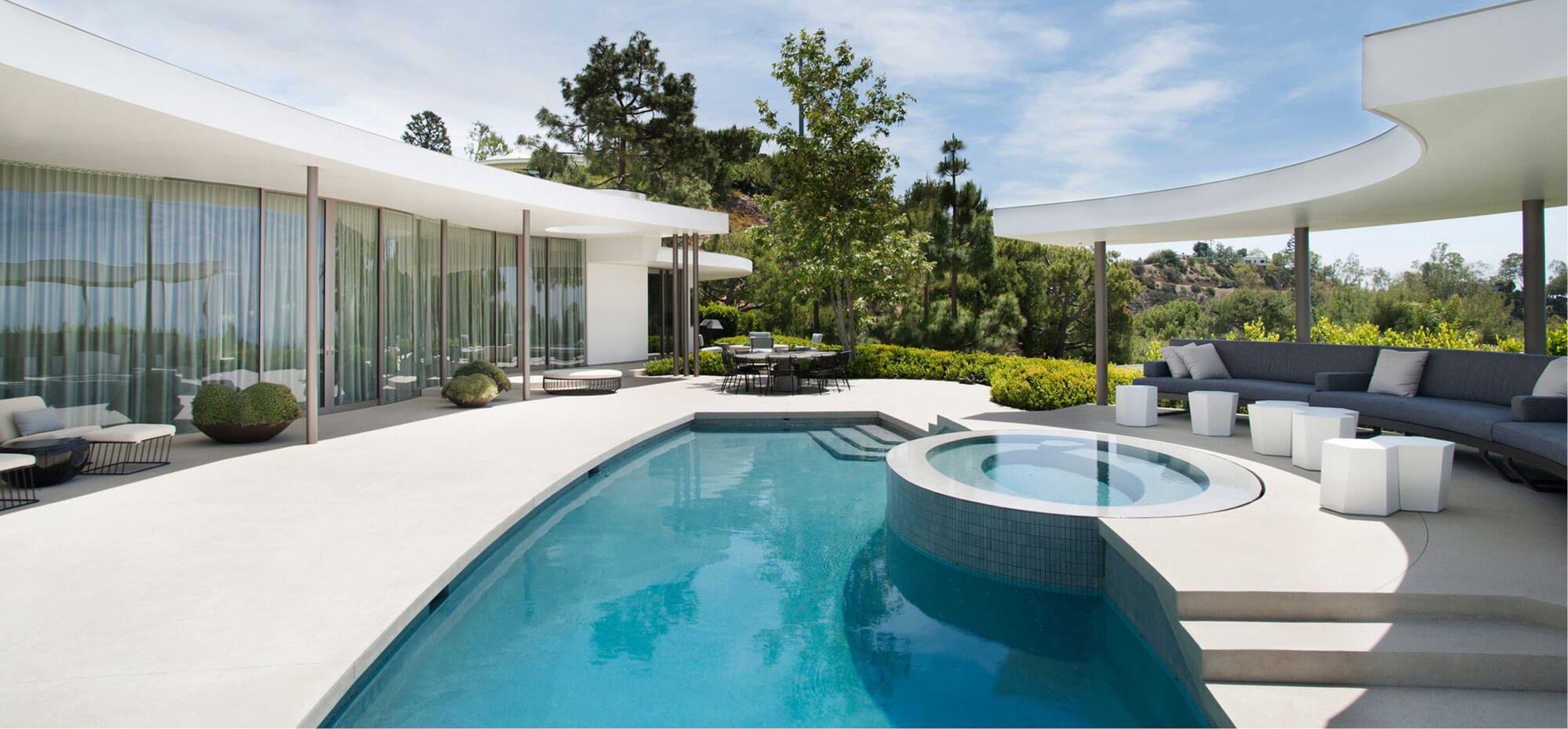Pool plaster remains one of the most popular finishes for swimming pools in Los Angeles. It provides a smooth surface, a clean look, and an affordable entry point for many homeowners. While newer options like pebble and tile are gaining popularity, traditional pool plaster still holds its ground in terms of accessibility, cost, and appearance. Here’s what to know if you’re considering pool plaster for your Los Angeles pool.
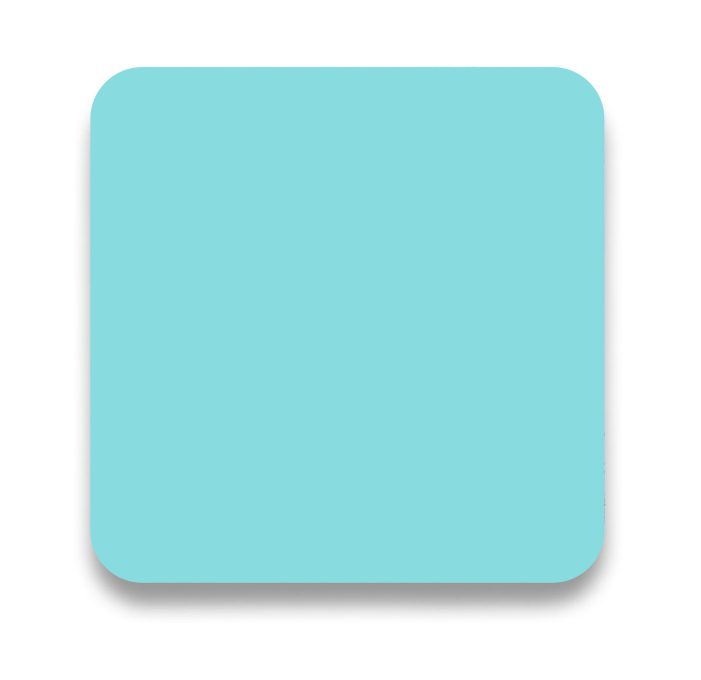
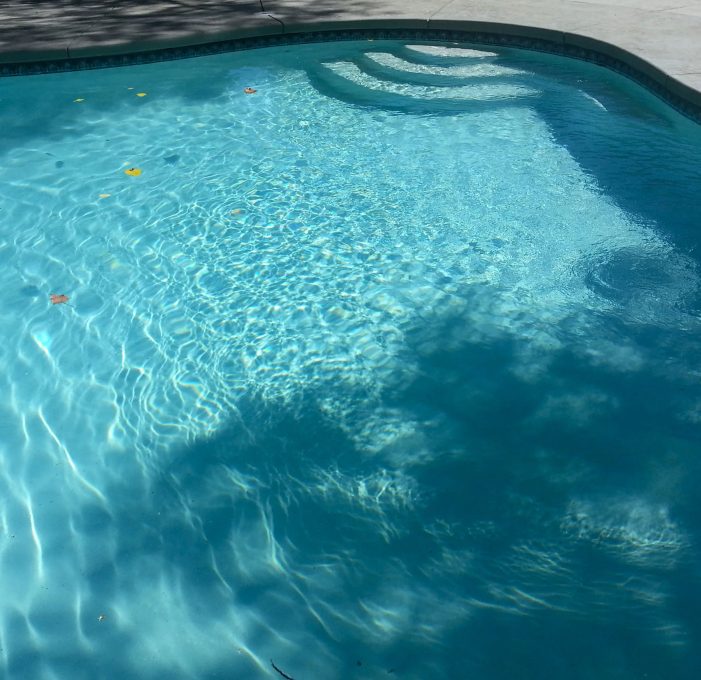
What Is Pool Plaster?
Pool plaster is a mixture of cement, sand, and water, often finished with white or colored pigments. It’s applied as the final interior coating of a concrete pool. The result is a smooth, dense surface that enhances both comfort and aesthetics. In Los Angeles, white pool plaster is common, but colored plaster finishes are also available and can affect both the look and perceived size of your pool. Lighter colors make pools appear larger, while deeper hues add dramatic elegance.
Pool Plaster Longevity and Maintenance
A properly applied and well-maintained pool plaster surface can last anywhere from 7 to 10 years. Some homeowners may get up to 15 years out of a plaster finish, depending on water chemistry, usage, and upkeep. Still, plaster is more susceptible to discoloration, etching, and surface degradation than other finishes like pebble or tile. Regular brushing, balanced water chemistry, and prompt stain treatment help maintain its appearance.
One common concern among LA homeowners is blue staining or uneven color patches. This is usually caused by chemical imbalances or mineral buildup and can be managed with proper water treatment and occasional professional cleaning.
How Much Does Pool Plaster Cost in Los Angeles?
Pool plaster tends to be the most budget-friendly finish option. On average, replastering a pool in Los Angeles ranges from $4 to $7 per square foot. For a standard residential pool, that translates to $5,000–$10,000, depending on pool size, prep work, and finish color. White plaster costs less, while tinted or pigmented finishes are slightly higher.
Despite the need for more frequent resurfacing compared to pebble or tile, many homeowners still choose plaster for its classic look and lower upfront cost.
Pros of Pool Plaster
- Affordability: Plaster is the most cost-effective finish for concrete pools.
- Comfort: The surface is smooth and gentle on feet.
- Aesthetic Appeal: Clean, bright appearance with customizable color options.
- Repairability: Surface stains or cracks can often be addressed without full resurfacing.
Cons of Pool Plaster
- Durability: Shorter lifespan than pebble or tile finishes.
- Maintenance: Requires consistent water chemistry and routine brushing.
- Appearance Over Time: More prone to fading, staining, and etching.
- Chemical Sensitivity: Easily affected by imbalanced pH and mineral levels.
Pool Plaster vs. Pebble Tec and Other Finishes
A common question among LA homeowners is: Is Pebble Tec better than plaster? Pebble finishes offer greater durability (lasting 15–20+ years), better resistance to staining, and a more textured appearance. They also cost significantly more. Tile lasts even longer, often over 30 years, and requires the least maintenance. While plaster doesn’t offer the same longevity or resistance, it remains the most budget-conscious and widely available option.
If low maintenance is your priority, tile generally performs best, followed by pebble. Plaster finishes require the most upkeep.
Choosing the Best Color
Color selection plays a role in visual impact and pool temperature. Lighter shades reflect sunlight and give pools a larger, brighter appearance. Blue or turquoise hues offer a classic Southern California look, while darker colors warm the water slightly and lend a resort-style feel. For homeowners wanting a pool that feels spacious and open, lighter blue or aqua plaster finishes often work best.
Avoiding Damage and Extending Lifespan
Damage to pool plaster most often results from imbalanced water chemistry, hard brushing, or poor maintenance routines. Maintaining proper pH, calcium, and alkalinity levels reduces the risk of scaling, etching, or staining. Gentle brushing and timely professional inspections also help extend plaster life.
Is This Classic Finish Still a Smart Choice for LA Pools?
Pool plaster continues to be a smart and attractive option for Los Angeles homeowners looking for a smooth, classic pool surface. Its affordability, comfort, and customizable appearance make it a popular choice despite the need for regular care and eventual resurfacing.
As an experienced concrete contractor, Superb Outdoors helps LA homeowners navigate the pros and cons of pool plaster and explore finish alternatives like tile and pebble. For those still deciding, visit our guide Pool Plaster, Pebble, or Tile? Choosing the Right Pool Finish for Your LA Home to see how each material compares side-by-side.

